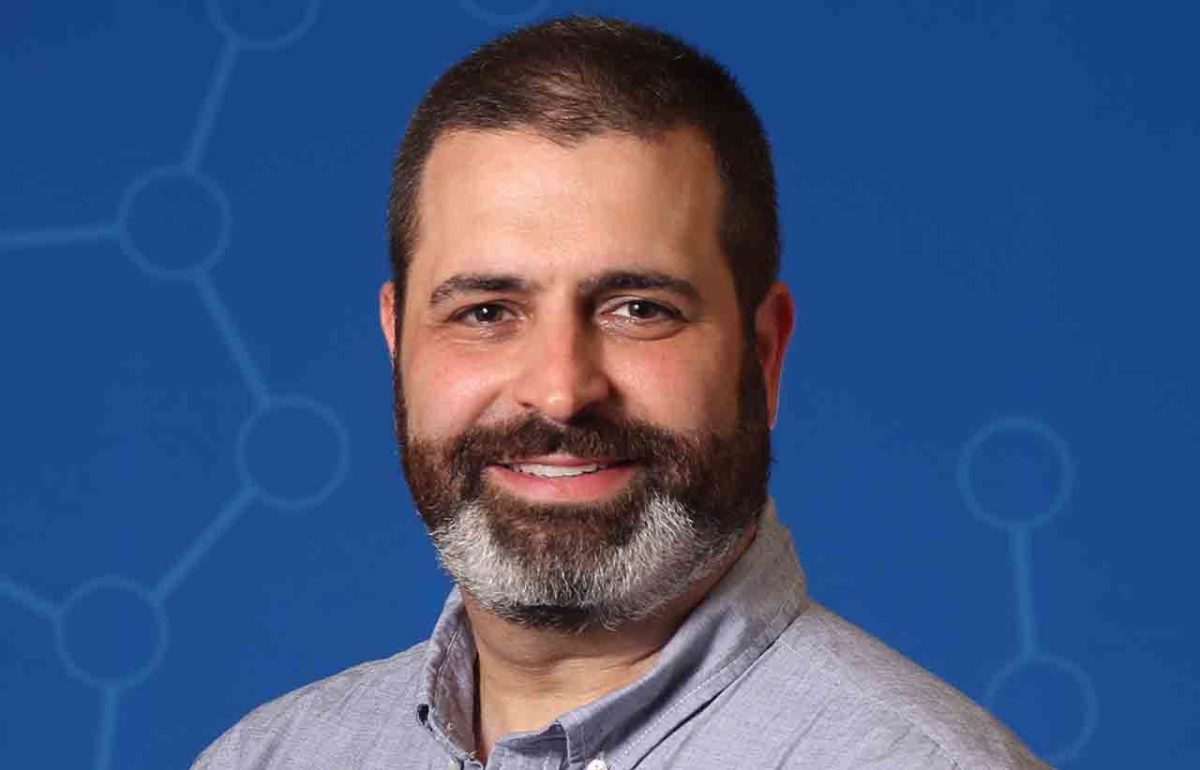A Cold Spring Harbor Laboratory-affiliated plant biologist who’s investigating ways to breed higher-yielding crops with the goal of safeguarding food security was named Wednesday one of 26 MacArthur Fellowship so-called genius grant recipients.
Zachary Lippman, 41, who received his Ph.D. from the Watson School of Biological Sciences at Cold Spring Harbor Laboratory in 2004, leads a team that’s studying how best to edit the genes of plants so they flower more, increasing fruit production, to mitigate the growing threat of climate change on the food supply.
“There’s a big challenge facing agriculture in the 21st century,” Lippman said of his work. “The population is growing, we have less usable land for agriculture, the climate is shifting in ways that are still very unpredictable, and crops are at the front line of having to deal with this climate change. Gene editing will allow us to hopefully adapt crops to these new climate conditions to increase productivity.”
The MarArthur Foundation issues the $625,000 grants to fellows from a broad array of professions from scientists to artists who demonstrate exceptional creativity and need support to make their game-changing ideas reality. Lippman is one of seven New Yorkers to earn the honor this year.
“From addressing the consequences of climate change to furthering our understanding of human behavior to fusing forms of artistic expression, this year’s 26 extraordinary MacArthur Fellows demonstrate the power of individual creativity to reframe old problems, spur reflection, create new knowledge, and better the world for everyone,” said MacArthur Foundation President John Palfrey. “They give us reason for hope, and they inspire us all to follow our own creative instincts.”
It’s hardly the first honor for Cold Spring Harbor Lab researchers. Since being founded in 1890, the lab has won eight Nobel Prizes for its breakthroughs in molecular biology and genetics, most notably for James Watson’s and Francis Crick’s discovery of the double helix structure of DNA.






























